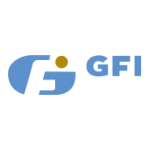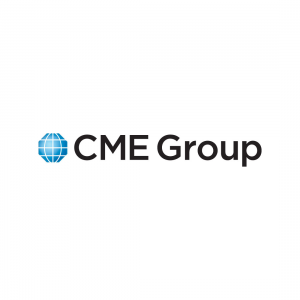
In an ongoing bidding war which publicly began in July 2014, interdealer GFI Group has been the center of interest from both CME Group and BGC Partners. Following an initial cash and stock offer from CME Group for $4.55, bidding for GFI Group has ping-ponged, with BGC Partners taking the latest swipe when they trumped CME Group’s $5.85 offer with a $6.10 all-cash bid. But what is driving the demand for GFI which, before the buyout interest, closed at an 18-month low of $3.00?
While BGC and CME both have their eyes on GFI, their interests are different. An interdealer itself, BGC Partners has been a long-time suitor of GFI Group and holds minority interest in the broker. However, enmity between GFI and BGC’s executives is believed to have squashed any "peaceful" negotiations. For its part, CME Group isn’t interested in GFI’s brokerage business but has its eye on their technology.
Tale of Two bids
When first announcing its bid for GFI Group, CME outlined a two-part deal. CME would acquire GFI’s Trayport, an energy trading platform, and the FENICS options and equity price-analysis product. The wholesale brokerage business would then be sold to a consortium led by GFI Group executives including founder Michael Gooch, CEO Colin Heffron and managing director Nick Brown. Following the deal, the consortium would continue to use Trayport and FENICS for their electronic trading through a long-term licensing deal that they would sign with the CME.

The result is that the dual nature of the deal provides GFI Group’s management with the ability to continue operating its brokerage business, while the CME Group would acquire technology and a network of existing traders using the platform. A leader in global energy trading, Trayport would allow the CME to quickly expand their presence in that sector.
Trayport was specifically mentioned by CME Group Executive Chairman and President Terry Duffy when the firm first made its offer for GFI Group. “European energy markets are de-regulating, and the regional demand for Risk Management in the sector is very high and growing," He stated.
"By acquiring Trayport, a well-established business that already has a strong client base, we will both expand CME Group's involvement with European energy markets and increase operational efficiencies and trading opportunities for all European energy market participants – all while maintaining the independence of the Trayport operating platform."
BGC/GFI Synergies

Contrasting with the CME, BGC is interested in GFI's interdealer brokerage business. Due to regulatory and technological trends that are pushing over-the-phone trading online, there has been a land grab among platform operators to see who can build the largest network of dealers and customers.
In the fractured world of interdealers, firms overlap in the services they provide to their customers. Where they differ is the pricing they can provide clients by having more aggressive dealers on their network of platforms.
For BGC Partners, purchasing GFI Group offers them the opportunity to expand their customer base and, more importantly, scale the activity of trading taking place on their network of interdealer platforms. The result is a situation where 1+1 equal three, as the clout of the combined firms leads to advantageous pricing for customers--allowing the combined companies to be more competitive.
A takeover of GFI is also expected to provide synergies between the combined brokerage businesses. Overlaps where costs could be cut include regulatory and operational expenses involved with operating their interbroker business. In regards to synergies, BGC Partners CEO Howard Lutnick has told equity analysts that they expect at least $30 million in cost savings from the combination of eliminating technology and back office infrastructure, as well as re-servicing GFI debt with lower interest Payments .
Side Show
While BGC and CME have their own operational and economic interests in GFI Group, other forces are also at play in pushing the bidding higher. While increasing its offer from an initial $4.55 to $5.85, the vast majority of the increased cash from CME has actually been from GFI Group management foregoing a portion of payment for their shares. As a result, the material impact to CME from raising its bid has been minimal.
On the other hand, with an existing stake in GFI Group, BGC Partners benefits by driving up the price that the CME would pay for their shares in the event that they ultimately fail in gaining enough shareholder votes for their offer. As such, with GFI’s management responsible for much of the new financial burden in the CME’s raised bids, the bidding has actually turned into a contest between BGC Partners and GFI Group instead of one between BGC and the CME.












